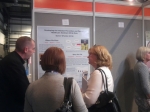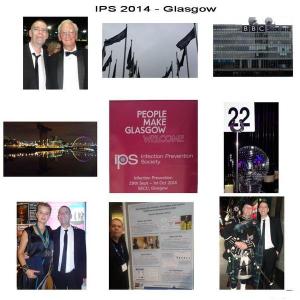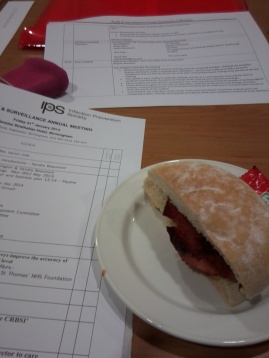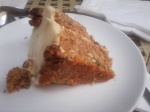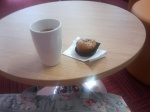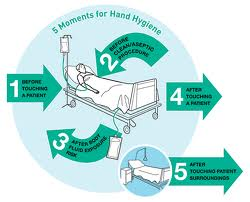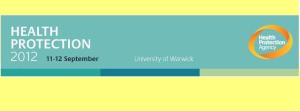 After a busy few weeks of holiday followed by personal quarantine, I thought it was time I put pen to paper and shared some of the thoughts I’ve been having whilst reflecting upon my time at Infection Prevention 2014…(#IP2014).
After a busy few weeks of holiday followed by personal quarantine, I thought it was time I put pen to paper and shared some of the thoughts I’ve been having whilst reflecting upon my time at Infection Prevention 2014…(#IP2014).
Being an “academic” in a “real-world” situation is a great privilege, it allows you to get a real sense of the current state – something which can be missed if you only rely on feedback from academic papers and conference discussions.
My new role within a medical setting has changed the way I interpret information. It is not that I am no longer optimistic – far from it, I am, and always will be, an optimist – but now I have a wider appreciation for the reality of infection prevention “as it is”. Day to day. On the front line. And this is not a negative, difficult reality view. Or one filtered through an anti-research, anti-forward thinking environment. On the contrary, as I have the pleasure of working with the 2013 IPS Team of the Year, noted for their continuous focus on engagement activities and involvement with research and development, both with IPS and the RCN.
However, it is certainly a different position to be in. And it made my experience of #IP2014 very different from my previous ones. Let me explain…
In 2012 and 2013 I experienced the IPS conference through the eyes of a “pure” researcher, eager to know what was “out there” in terms of new data, new approaches and concepts, and potential new technologies to appraise. I felt optimistic because infection prevention seemed to be moving at such a pace, swept along by incredible passion, determination and enthusiasm. The wealth of information produced, through conference papers, journal articles, webinars and seminars was mind-blowing, yet incredibly welcome to a researcher “new” to the field. Now, having completed my thesis and with more experience under my belt, I am much more concerned about what impact all this information could have on the way we work within healthcare. As I see it, from paper to practice.

image from http://www.coloringcrew.com
So I felt very much like a two-headed monster through most of the conference sessions I attended – one brain very excited about recent findings, theoretical discussions and endless potential, whilst my “other” brain was much more pragmatic, continually asking the questions “how would this impact healthcare professionals on any given Tuesday?”, “is this feasible”, and sometimes just a rather pointed “Really?!”.
The saving grace (that prevented one or both of my heads exploding) was the delightful new experience of attending the IPS conference as part of a team. Each session we attended, together or individually, was followed by the opportunity to discuss implications for our Trust, our staff and our patients. This directly addressed my “paper to practice” dilemma, and kept the two headed monster calm.
As a team we were very excited to be presenting three posters (.pdf here: 1, 2, 3) outlining a diverse selection of our current activities, and also providing an oral presentation on how we won the inaugural IPS Team of the Year award (abstracts available here). I could not have been more proud of the enthusiasm, excitement and energy displayed by my colleagues; something which I am sure did not go unnoticed by the rest of the #IP2014 community.
A key aim of my role within the team is to ensure that research is conducted which not only involves healthcare professionals, but which is driven by them. Therefore I was particularly proud to be involved in delivering our posters which outlined research instigated, and conducted, by current active healthcare professionals. It’s exciting to know that this is just the start…

